


Professors Ramseyer and Morgan's book demonstrates the elusiveness of truth and raises questions about protecting academic freedom in the comfort women debate.
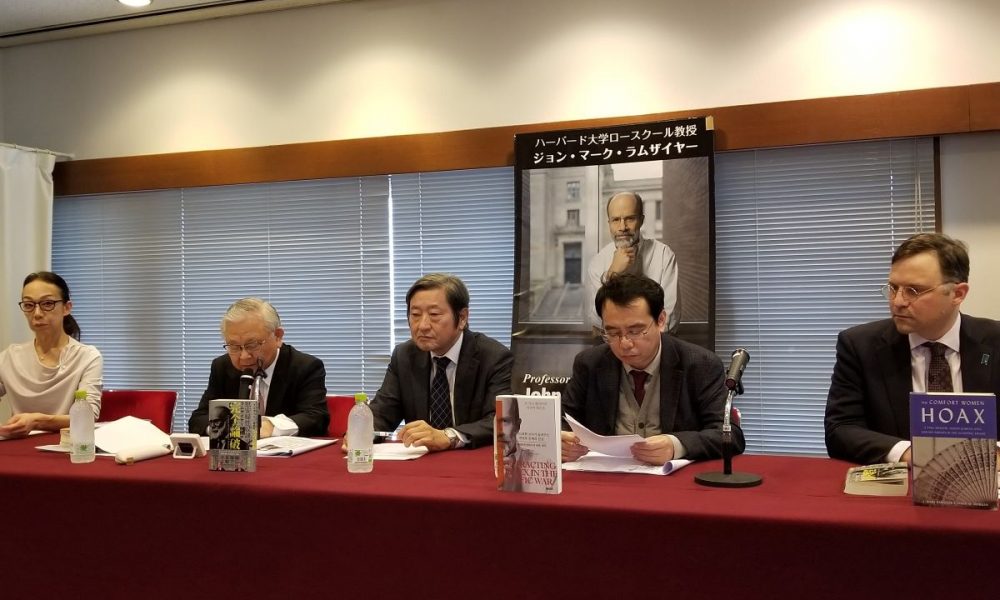
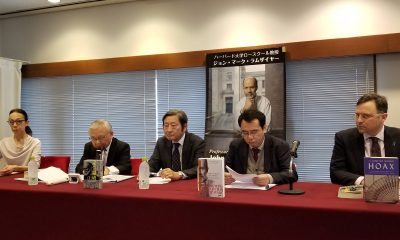

A February 19 press conference underscored the recent journalistic and academic silence on the comfort women issue. We consider what has changed.



This book by J Mark Ramseyer and Jason M Morgan exposes the twin dangers of intellectual dishonesty and censorship on the comfort women issue in academia.
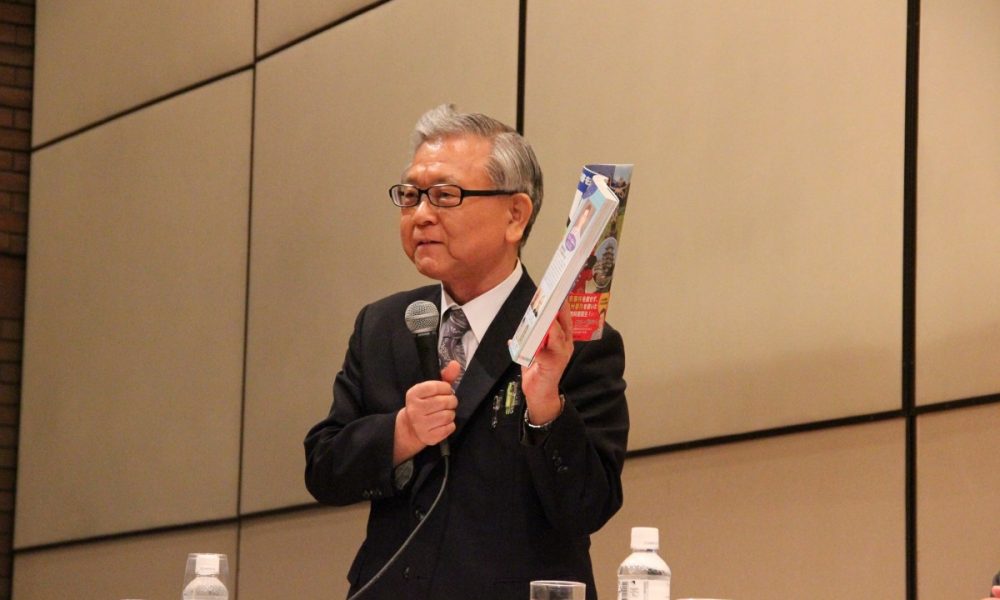
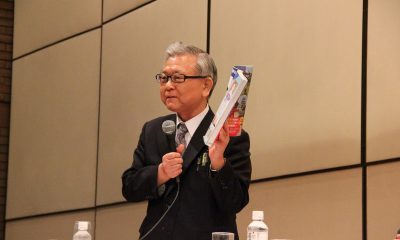

The author explains why and how brothel owners used contracts to secure the services of comfort women in the prewar and wartime era of Japanese history.
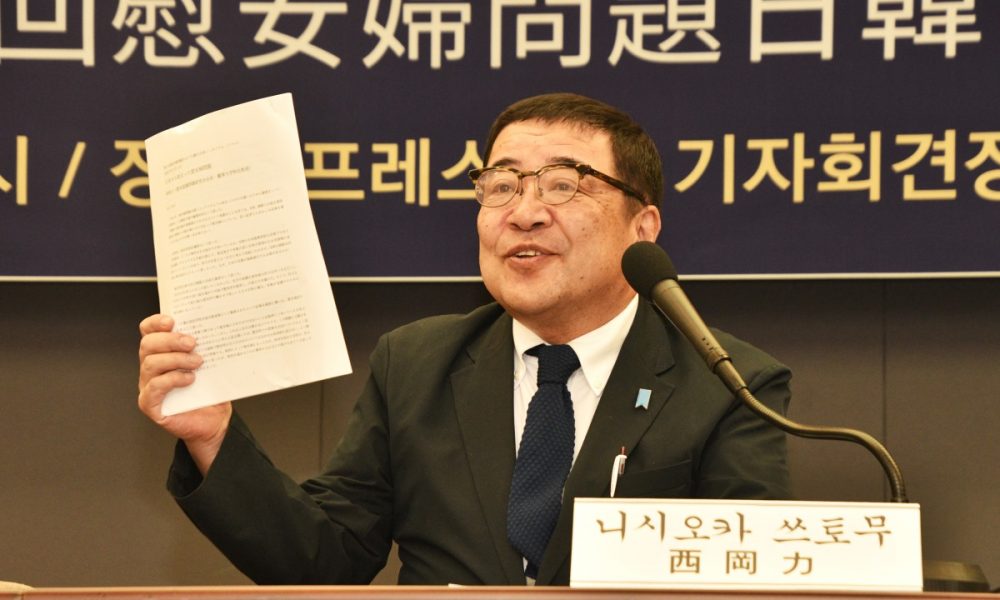
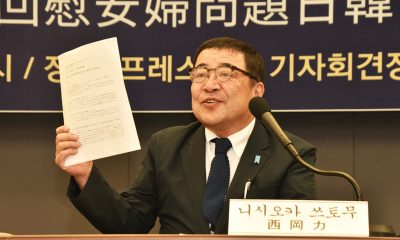

Longtime scholar of Korean Peninsula issues, Professor Tsutomu Nishioka analyzes the challenges and progress in relations between Japan and South Korea.
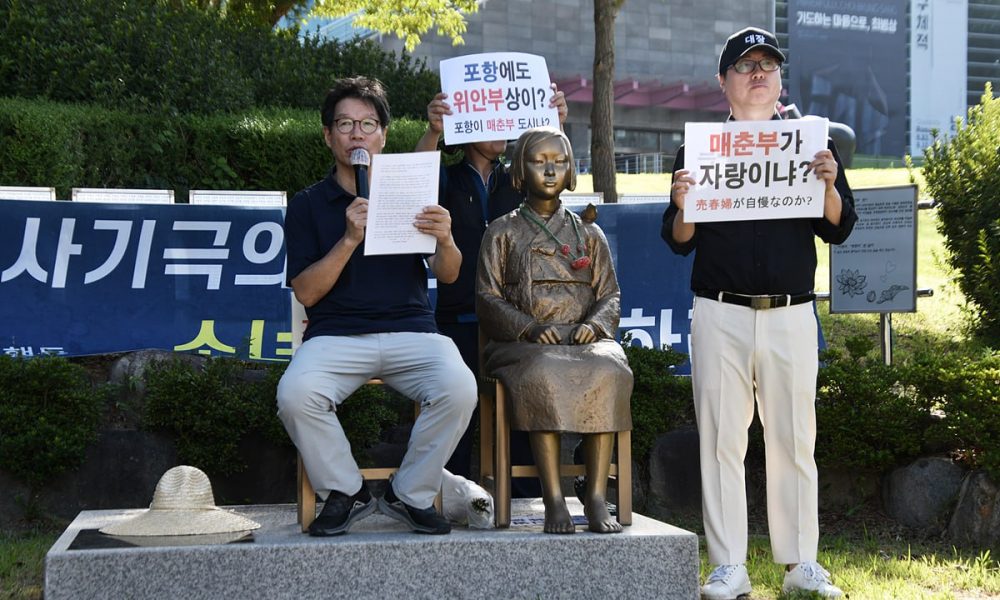
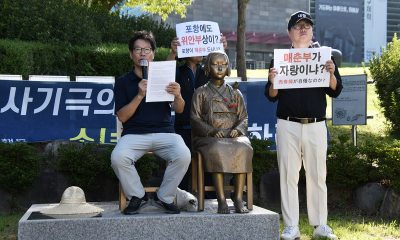

Finding many contradictions in the stories of the comfort women, Kim Byungheon and colleagues are traversing South Korea to correct the historical record.
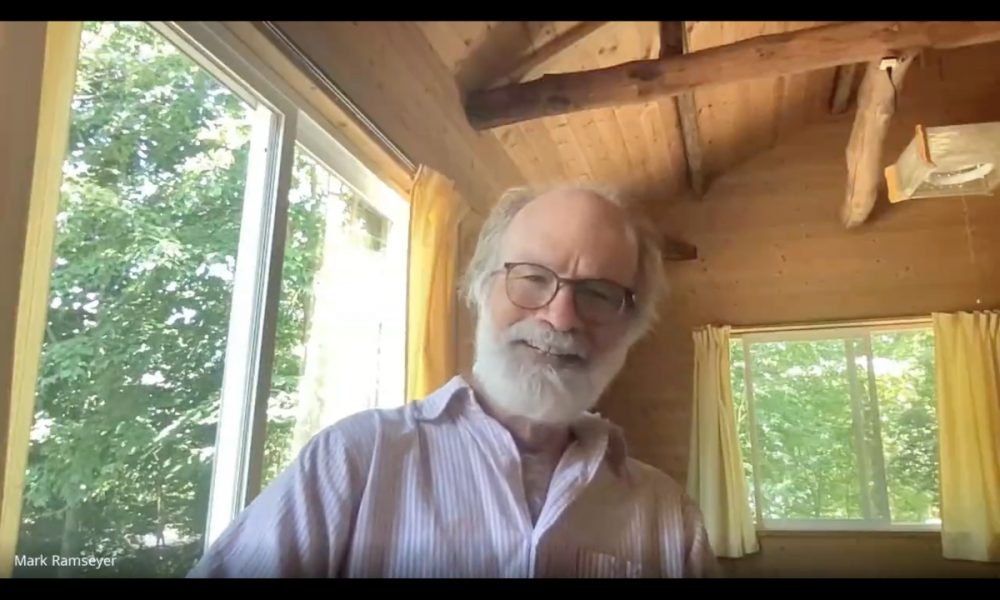


A new series "Great Minds Don't Always Think Alike" looks at the furious attacks on a Harvard professor who published an academic report on the comfort...
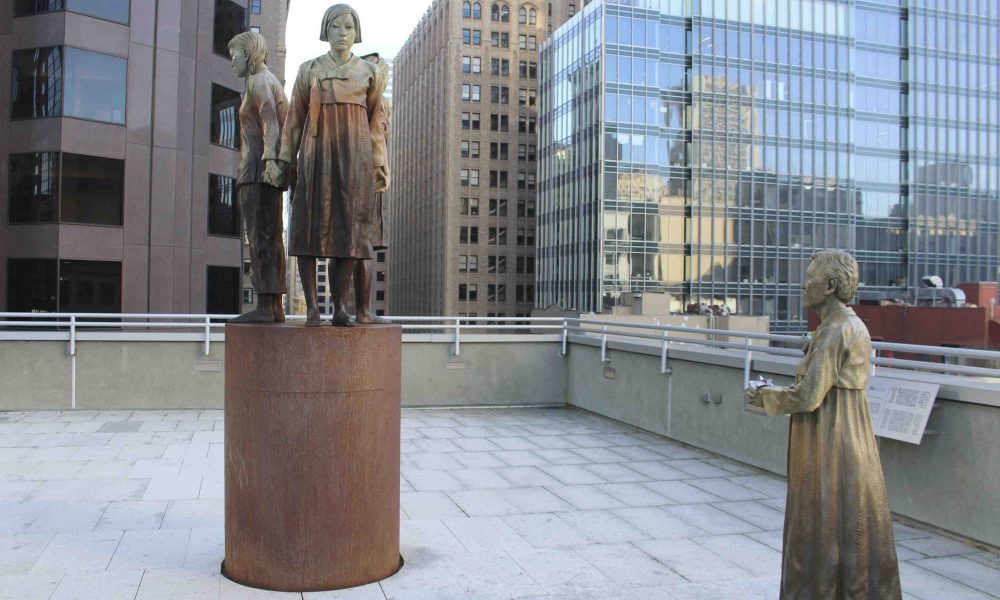


While American elites grandstand about the comfort women, free and open academic inquiry on East Asian history elsewhere is uncovering the uncomfortable truths.
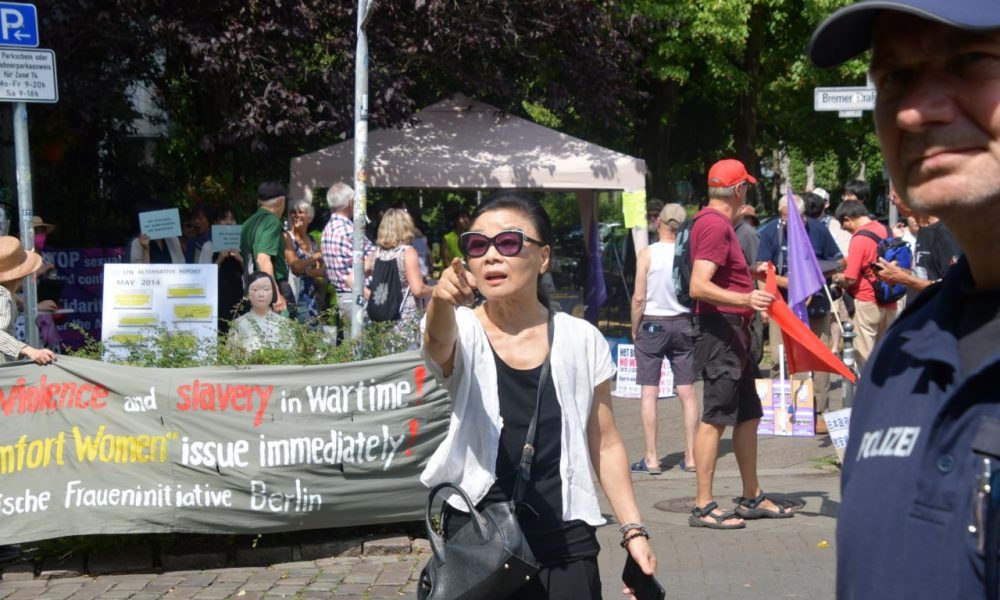
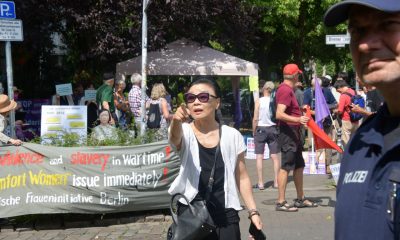

The facts of the comfort women history are sometimes uncomfortable, which makes the issue all the more deserving of free and open academic inquiry.
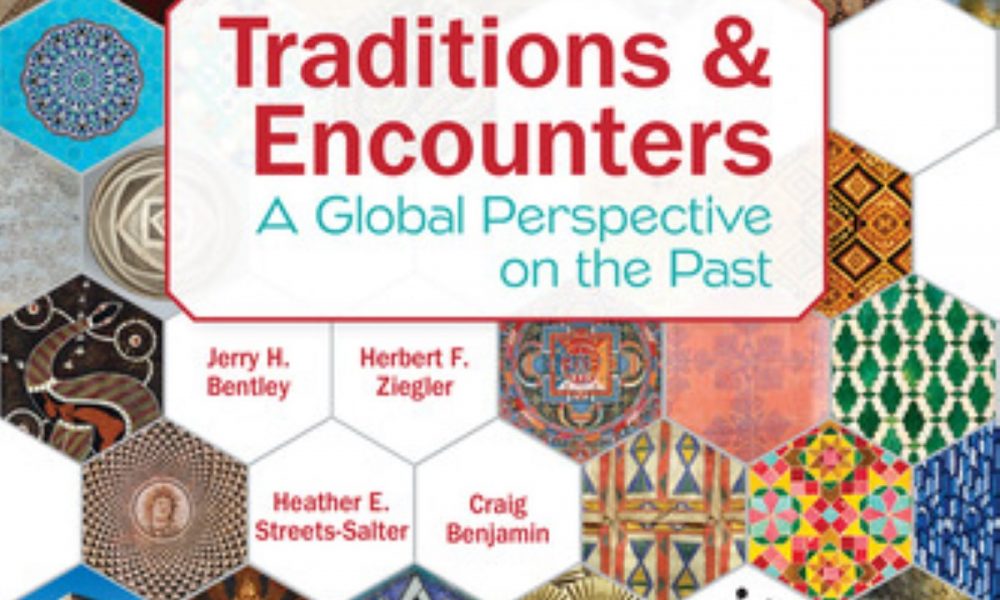
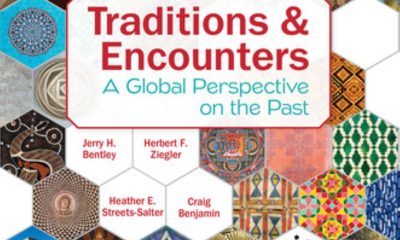

Educators rely on McGraw Hill. So why is it still publishing textbooks with WWII history based on refuted claims by authors who won't reveal their sources?
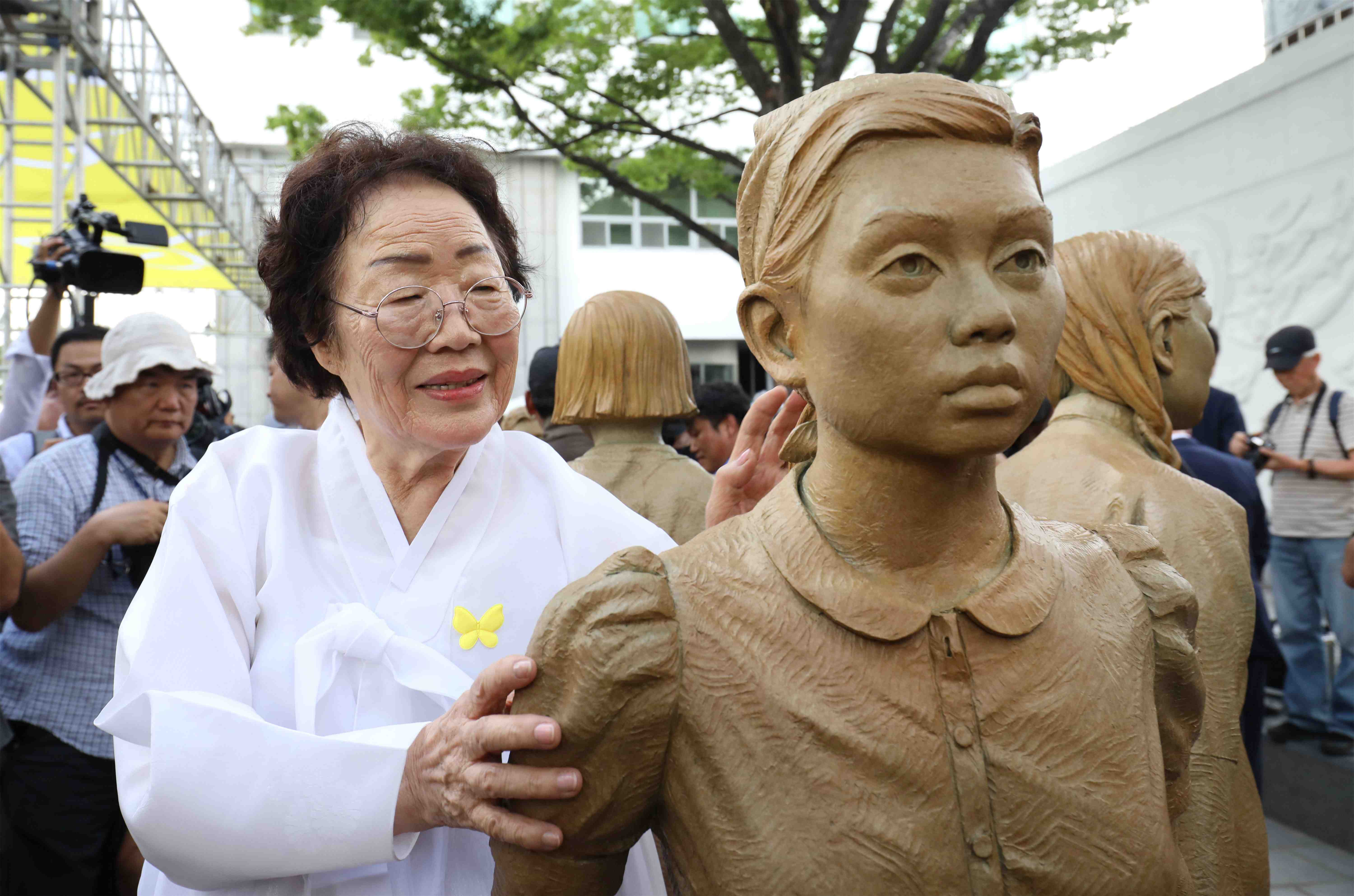


Few historical subjects have encountered such resistance to academic inquiry and free speech as the comfort women issue. As we report, that is finally changing.
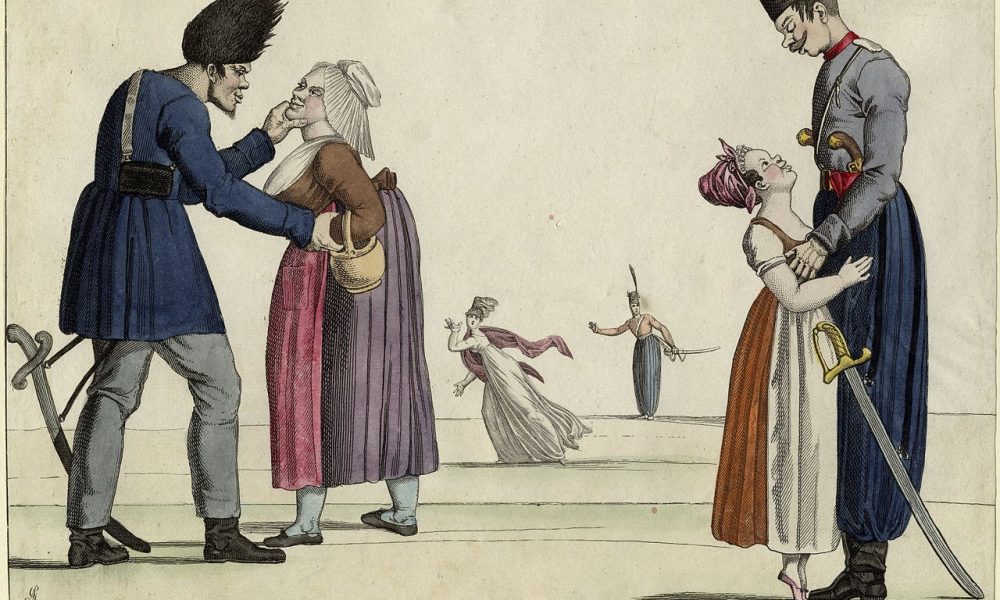
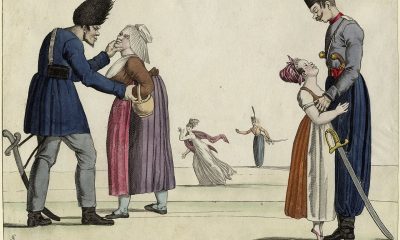

There are many reasons women, including the comfort women, enter prostitution. Regardless of the reason, when it comes to the sex business, coercion is a given.